As the United Nations Future Summit approaches in New York on September 22 and 23, it becomes evident that the three pillars of multilateralism – peace and security, sustainable development, and human rights – require urgent renewal. Africa will play a crucial role in this revitalization effort.
The post-Cold War global security architecture owes much to two visionary African Secretaries-General: Boutros Boutros-Ghali and Kofi Annan. Boutros-Ghali established the Agenda for Peace in 1992, which inspired António Guterres’s New Agenda for Peace in 2023. Annan, for his part, created the United Nations Peacebuilding Commission.
Despite these significant contributions and the fact that Africa represents 28% of UN members, the continent still lacks permanent representation on the Security Council. This under-representation compromises the Council’s legitimacy and effectiveness.
African regional organizations, such as the African Union (AU) and the Economic Community of West African States (ECOWAS), have deployed peacekeeping forces in many conflict zones. However, these efforts are often hampered by a lack of funding and operational difficulties.
In terms of development, Africa has long advocated for prioritizing the needs of low-income economies. Unfortunately, the disproportionate influence of Western powers on international financial institutions has often undermined these efforts. The structural adjustment programs of the 1980s and 1990s had devastating consequences, leading to « lost decades » for African development.
The creation of the African Continental Free Trade Area (AfCFTA) in 2018 offers hope for economic progress. However, the continent remains marginalized in global trade and struggles to achieve the Sustainable Development Goals (SDGs). Growing debt, which has reached $1.1 trillion, and a lack of funding for climate initiatives exacerbate these challenges.
The human rights record remains concerning. The Human Rights Council, created under Kofi Annan’s supervision, has failed to avoid politicization and inefficiency. In Africa, violent extremism, inequalities, and poor governance continue to threaten fundamental rights.
The recent wave of military coups in several African countries highlights the fragility of democratic institutions and underscores the urgency of strengthening governance and the rule of law.
Africa’s future is intrinsically linked to the revitalization of multilateralism. To build a more equitable and sustainable world order, it is imperative to recognize Africa’s central role. This will inevitably require reforming UN institutions, starting with the reform of the UN Security Council as demanded by several countries, including Algeria, which becomes crucial, as well as permanent representation for Africa on the UN Security Council. It is also necessary to increase Africa’s voting rights within financial and monetary institutions, such as the IMF and the World Bank.








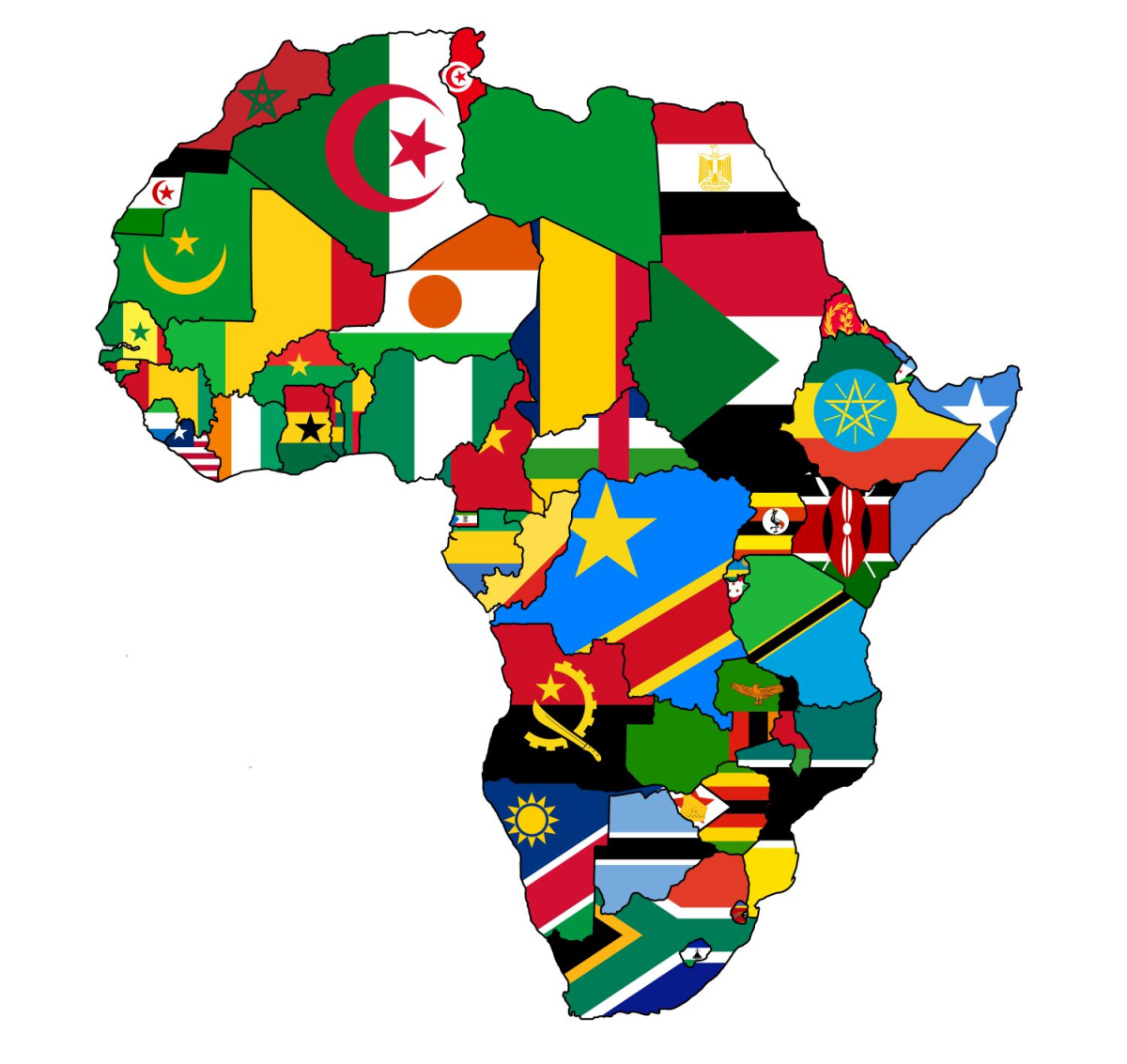
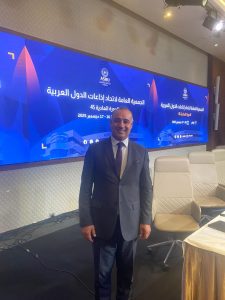

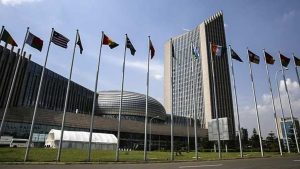
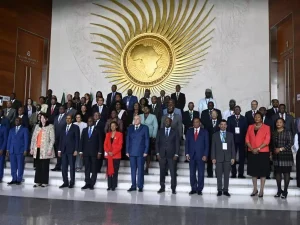
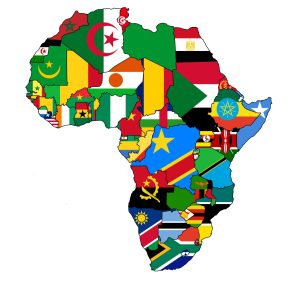
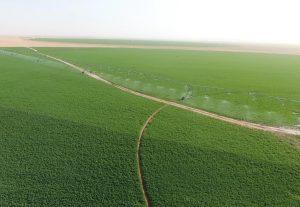
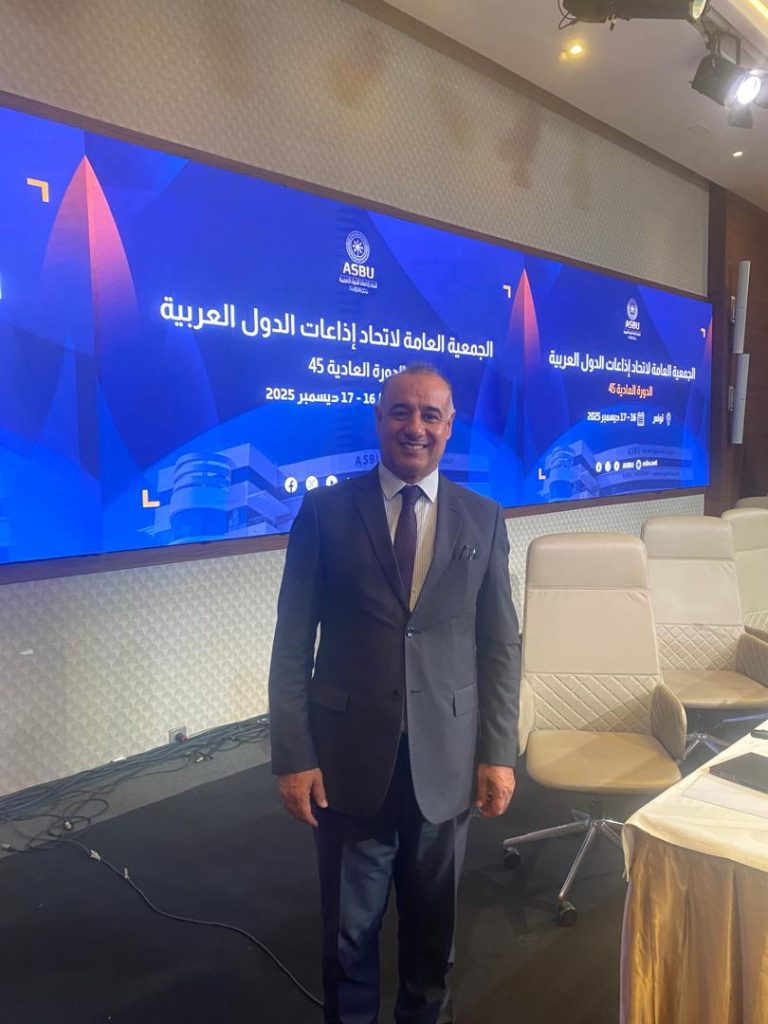

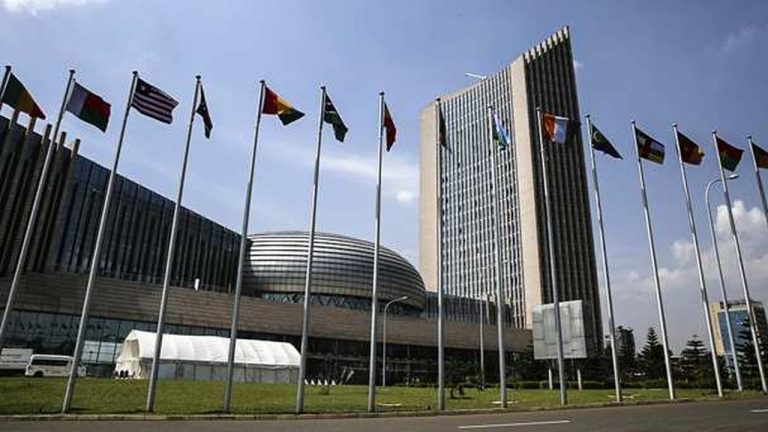
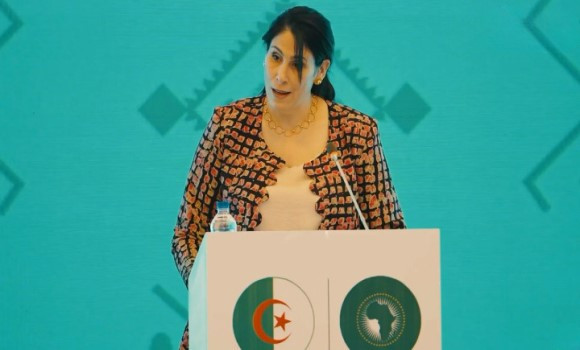
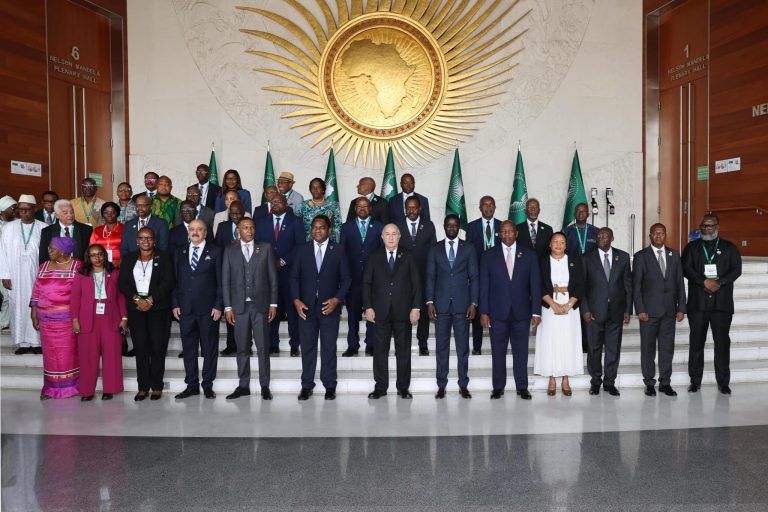
+ There are no comments
Add yours